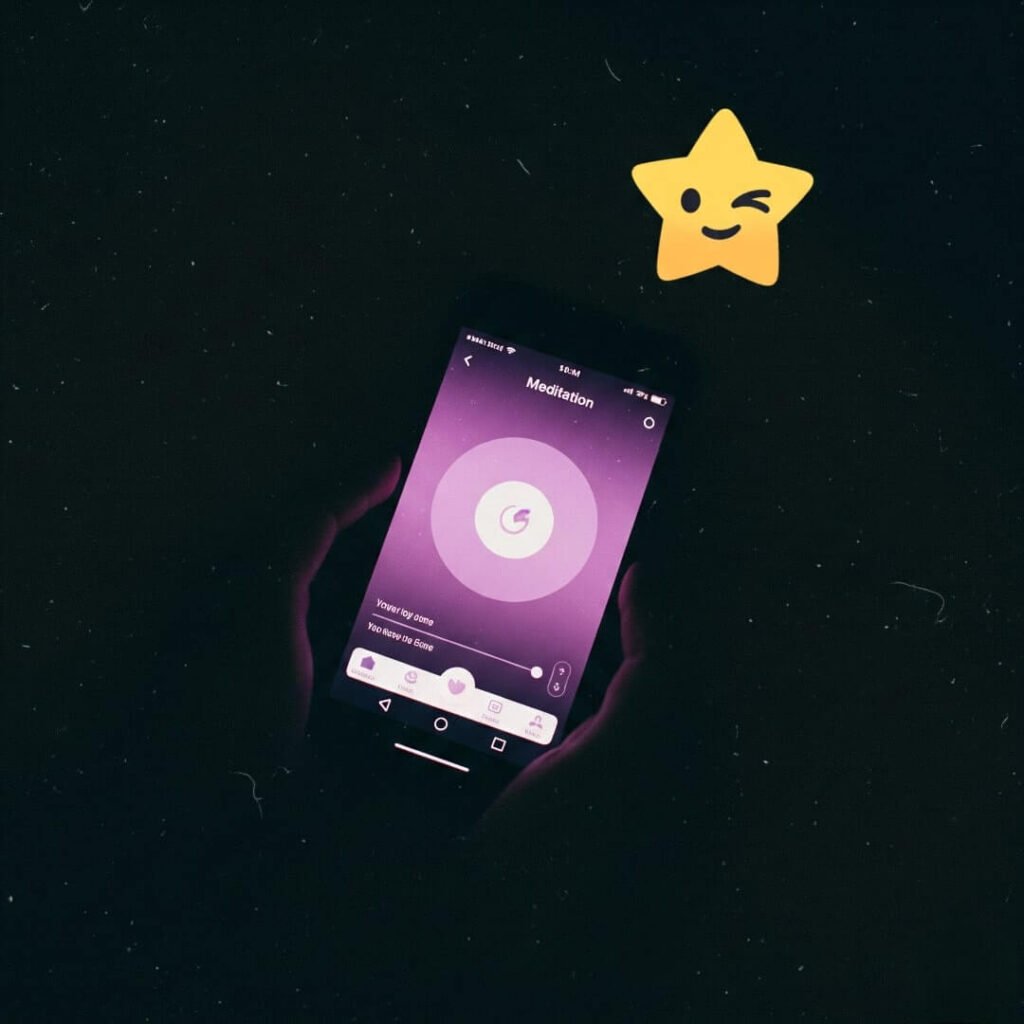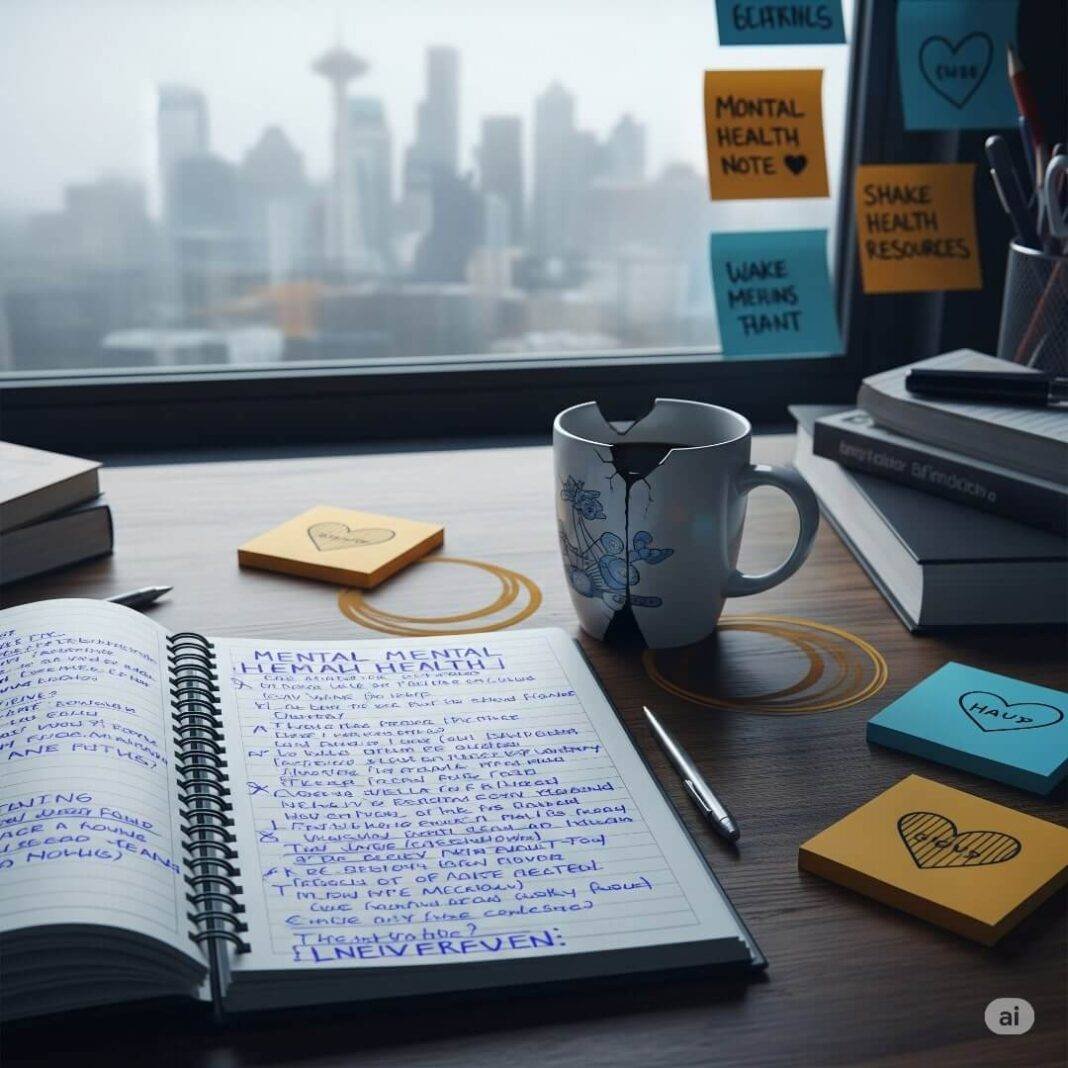Essential mental health resources, yo, they’ve been my anchor, sitting here in my messy Seattle apartment with rain smacking the window like it’s got beef with me. My desk’s a wreck—coffee stains, a pile of self-help books I swear I’ll read, and my laptop’s got like a million tabs open. I ain’t no expert, just a dude who’s stumbled through mental health crap, making dumb mistakes and learning the hard way. I’m spilling my guts here, probly oversharing, but whatever—maybe you’re in the same mess, right? Here’s my take on essential mental health resources, with some cringey stories thrown in ‘cause that’s just me.
Why Essential Mental Health Resources Hit Me Hard
So, picture this: last winter, I’m parked outside a QFC, totally losing it. Not ‘cause it’s freezing, but my brain’s like, “You suck, give up.” I’d been dodging mental health support forever, thinking I could just gut it out. Big mistake. Then I stumbled on NAMI, the National Alliance on Mental Illness, and their stuff was like a warm hoodie on a bad day. Their helpline and local groups? Lifesavers. I was all, “What, strangers gonna help me? Yeah, right.” But sitting in a NAMI group, hearing someone else talk about the same brain fog I had? Blew my mind.
- NAMI Helpline: 1-800-950-NAMI, for when you’re spiraling and need someone to talk you off the ledge.
- Support Groups: NAMI’s site lists local meetups—real people, no judgment.
- Webinars: Free stuff on anxiety, depression, and family drama.
I totally bawled in my first group, which was super embarrassing, but nobody cared. Check their site for groups near you if you’re curious.

Therapy Options: My Awkward AF Mental Health Help Journey
Therapy’s one of those essential mental health resources I dodged like it was a telemarketer. Spilling my soul to a stranger? Hard pass. But last spring, I was a disaster—like, crying over a soggy sandwich disaster. I tried BetterHelp ‘cause I could do it in my sweatpants. First session, I forgot to turn off my camera and was scratching my head like a dork. The therapist didn’t blink, but I was mortified. Online therapy’s kinda weird sometimes, like talking to a screen, but it’s easy, and for a couch potato like me, that’s everything.
Here’s what I figured out about therapy options:
- Online Platforms: Talkspace and BetterHelp are solid for virtual sessions. Gotta find a therapist who clicks with you, tho.
- In-Person: Psychology Today has a therapist finder with filters for insurance and stuff like “depression” or “LGBTQ-friendly.” Saved me.
- Cheap Options: Google “sliding scale therapy near me.” Community clinics are a blessing.
I flip between online and in-person, depending on if I can handle leaving my place. If you’re nervous, try text sessions on Talkspace—less chance of looking like an idiot.
Mental Wellness Tools: Apps I’m Kinda Obsessed With
Apps, man, they’re like essential mental health resources you can stuff in your pocket. I’ve got Calm on my phone, and yeah, I’m that guy dozing off to Harry Styles telling me to chill. No shame. Apps are huge for my mental health support, especially when I’m too stubborn to ask for help. I’ve tried a bunch, and some suck, but a few are legit.
- Calm: Meditation and sleep stories. Saves me when my brain’s buzzing at 2 a.m.
- Headspace: Courses on stress and focus. Helped when I was jobless and freaking out.
- Moodpath: Tracks your mood. I figured out my sad days hit after too much coffee. Oops.

Self-Care Resources: Stuff I Shoulda Tried Ages Ago
Self-care resources sound like some Instagram BS, like, “Bubble baths fix everything!” Nah. But real talk, I found Mental Health America’s self-care toolkit when I was pacing my apartment, anxiety through the roof. Their journaling prompts and stress trackers helped me realize my neighbor’s loud music was wrecking me. I started small, like walking my block, smelling the wet Seattle air and tripping over puddles. It’s not a miracle, but it helps.
My go-to self-care stuff:
- Journaling: MHA’s prompts or just scribble in a notebook. Mine’s got coffee stains and smells like despair.
- Moving: I dance like an idiot to Lizzo in my living room. Cringe? Yes. Helpful? Also yes.
- People: I joined a book club on Meetup. Was awkward, but now I love it.


































